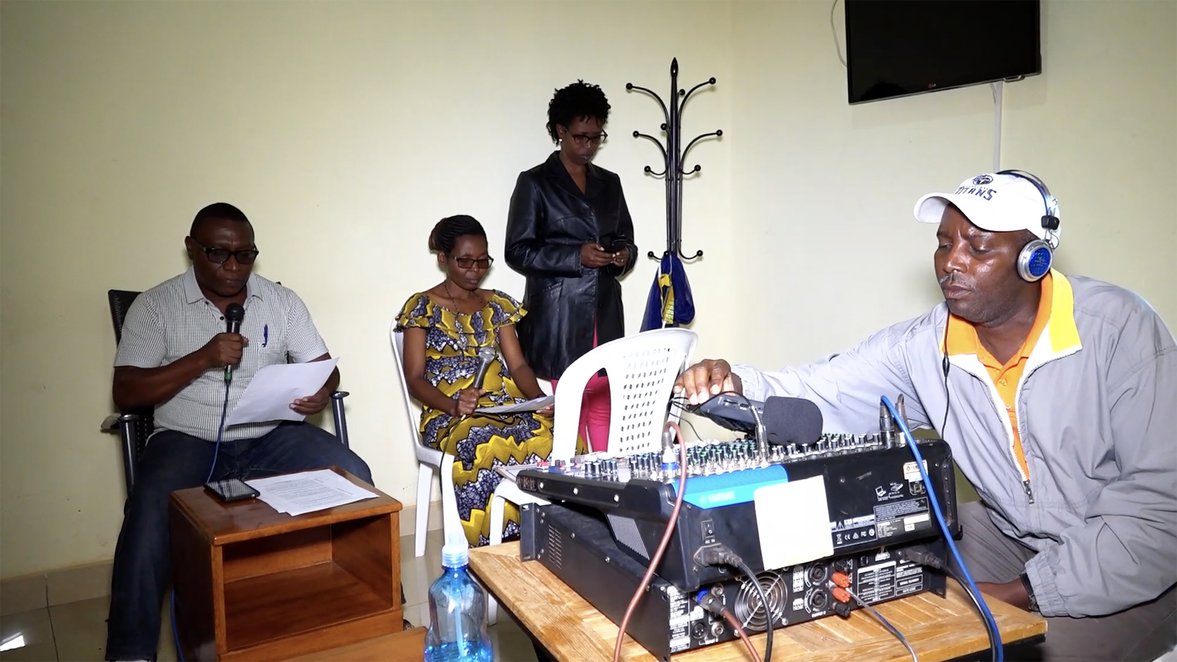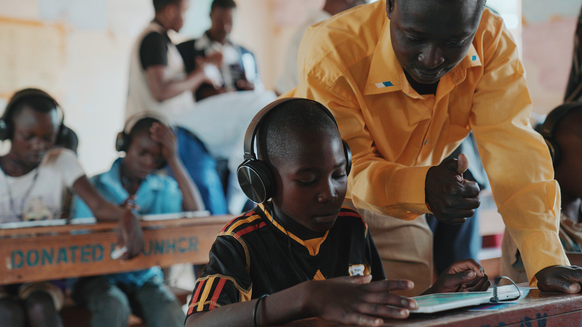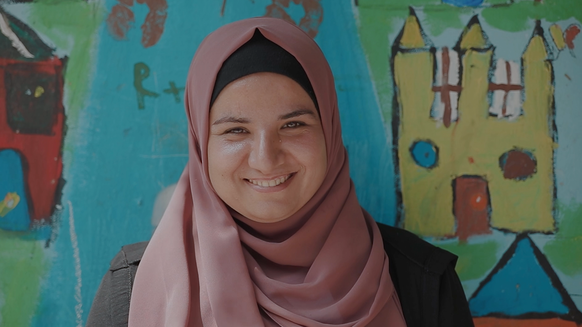How digital innovations are supporting Burundi’s children – the silent victims of the COVID 19 pandemic
March 8, 2021

Reports of a second wave
While cumulative reported cases of COVID-19 in Burundi have been low so far (2240 cases; 3 deaths), the World Health Organsiation (WHO), in collaboration with the Burundi’s Ministry of Public Health is reporting a potential second wave. The nation has also seen a recent increase in the rate of transmission of the disease. These developments are driving national efforts to roll out further preventative measures to minimise the potential impact of the pandemic and to prepare for any future risks.
Collaborative efforts to minimize COVID-19 impact
As part of this collaborative national effort, War Child has teamed up with children, their communities, technicians, partners and government bodies to launch the NKINGIRA project to support 55,592 people, including 37,328 children, in seven municipalities of Burundi. The project is now recognised as being one of the key initiatives to have helped keep the virus at bay in the area, along with other initiatives led by administrative and health facilities and the Burundi Red Cross.
Communicating risks
The project, launched last year, first focused on engaging children and their communities on the risks of COVID-19. It also focused on available care services and the importance of complying with the protection measures the health authorities were recommending. This work included raising awareness around hygiene, supplying handwashing and disinfection kits and preventing the spread of the virus in schools.
Launching digital ‘radio based’solutions to support education
As the pandemic evolved, War Child identified a range of other urgent needs and risks, foremost the risk of serious and potential long-term education set-backs and how children’s education might continue if the pandemic required children to remain at home.
Working with Burundi’s Ministry of National Education and Scientific Research, digital technicians and community members, War Child set out to first test and then launch a new radio-based distance learning project which would both help children further their education and stay at home.
War Child led on developing workshops to prepare 96 lessons which can now be transmitted and 74 lessons have already been launched.
Youth leading on new initiatives
As part of the project, youth have also been invited to develop and lead on more solutions to prevent or respond to COVID-19. So far, 138 youth, through their community clubs have started co-create solutions. The seven best solutions will be selected in April 2021 and incorporated into our response.
Such examples show how children and youth in some of the most difficult places on earth can be called on to help find solutions to the issues that most affect them. Along with frontline health care workers , children are showing courage, imagination and resilience – and should therefore be prioritized in any future efforts in finding responses to the pandemic. Equity in vaccination, addressing the digital divide and investments to build children-centred resilient communities are some of the key considerations for this.
Addressing the matters of the mind, ensuring protection and education for children in crisis situations are key to making lasting difference in children’s lives. War Child’s efforts with community members and other partners in such setting show that we can make a huge difference to children and young people in such settings, if we act fast, in the long term and in collaboration with those affected.

